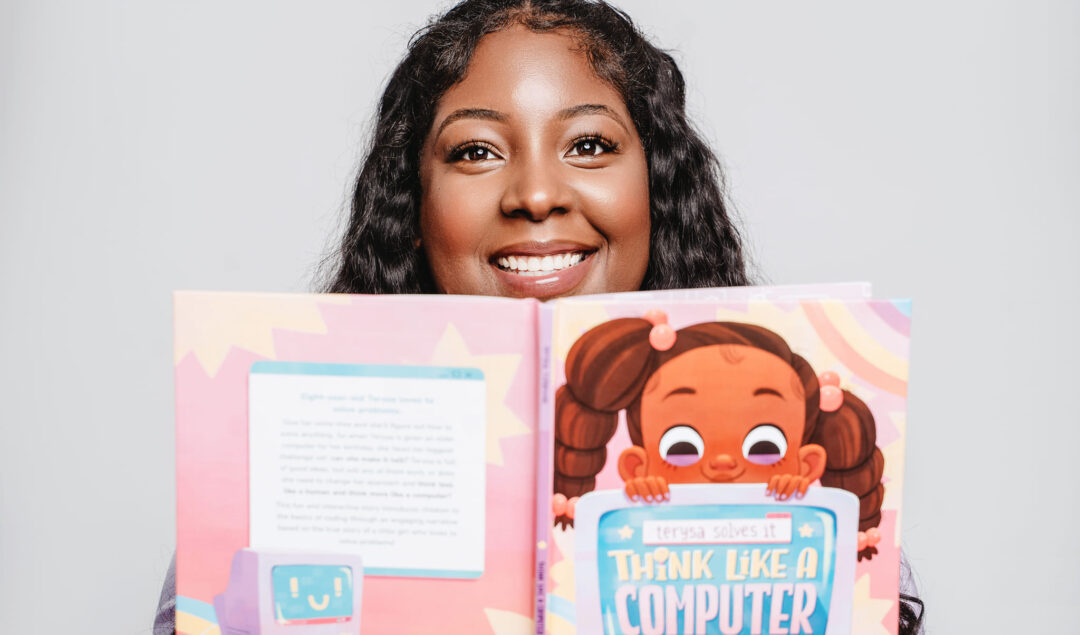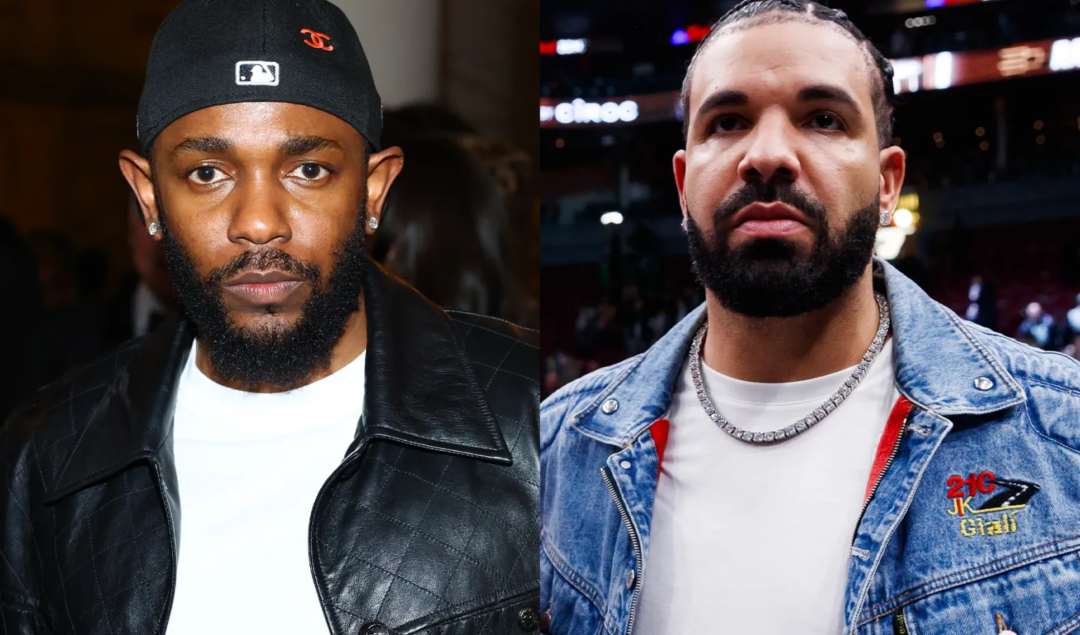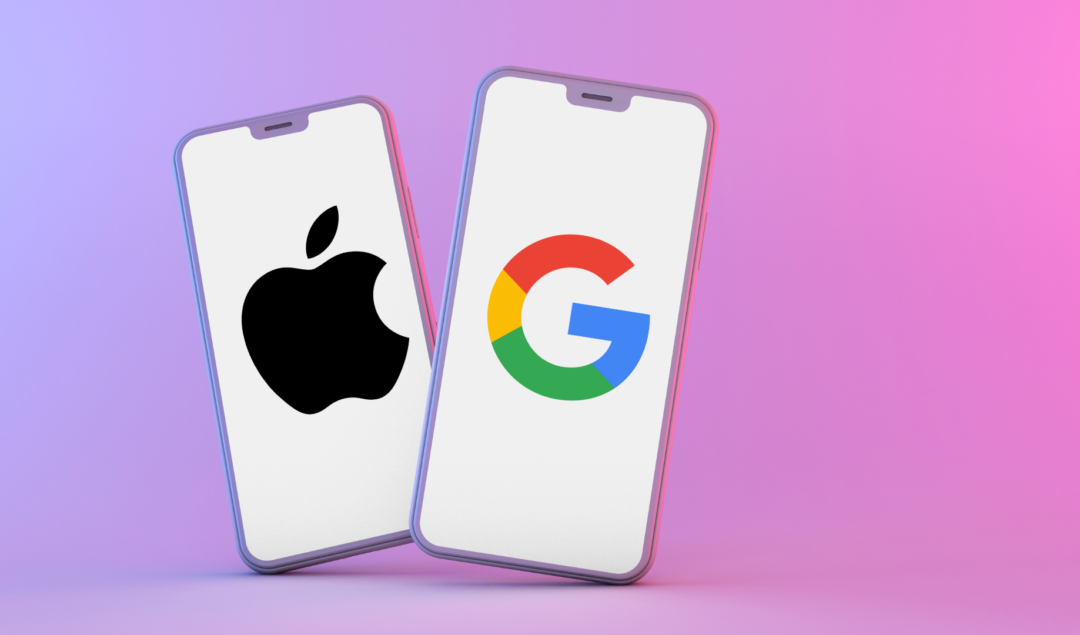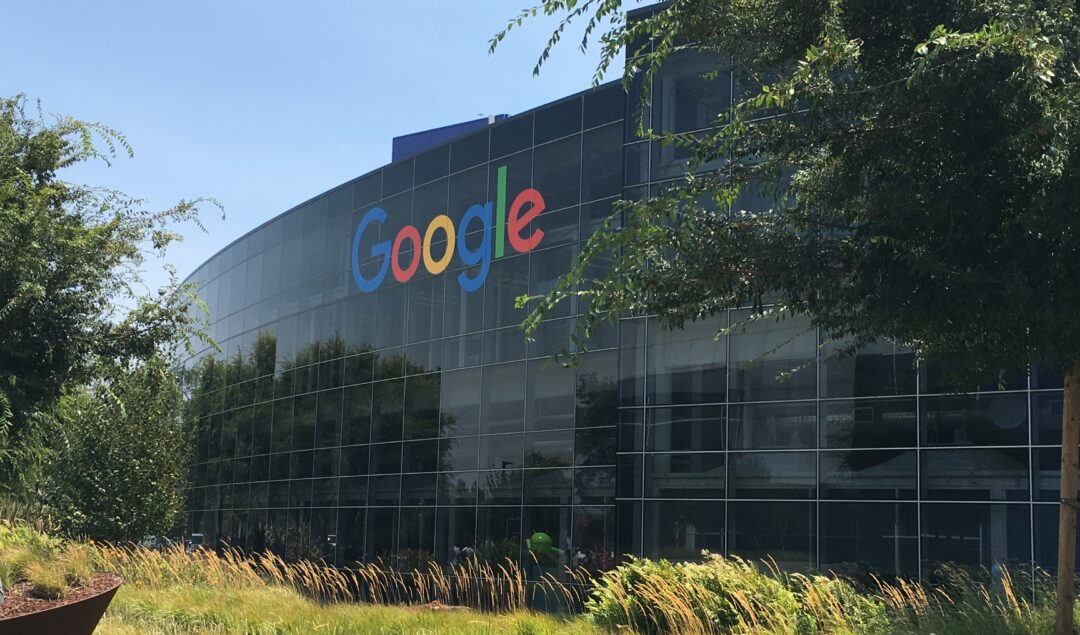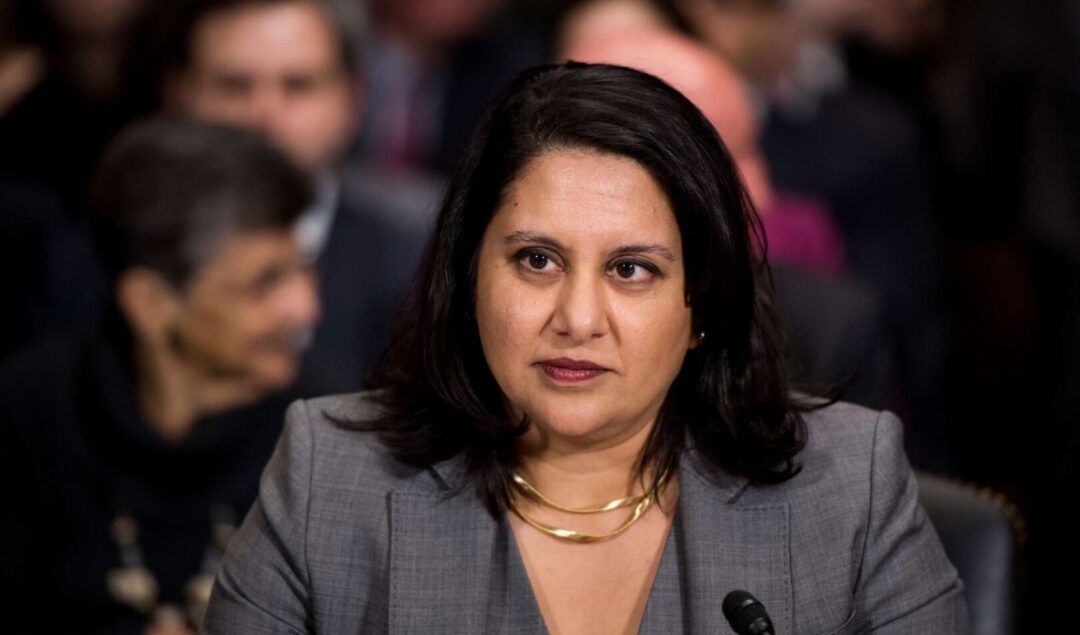DeCarlos Love has been named CEO of Thrive AI Health, a new AI health startup funded by OpenAI Startup Fund and Thrive Global. Writing for TIME, Sam Altman, the founder of OpenAI, and Arianna Huffington, the founder of Huffington Post and Thrive Global, explained that Thrive AI Health will offer a hyper-personalized AI health coach. Thrive AI Health Thrive AI Health aims to build AI-powered assistant tech to democratize access to expert-level health coaching to improve health outcomes. The startup will use generative AI to hyper-personalize and scale behavior change
The Google for Startups Founders Fund is back for the fifth year and is funding 20 Black and Latine AI companies in the US. The fund first launched as part of Google’s $175 million commitment towards racial equity and to date has deployed more than $50 million dollars to more than 570 Black and Latine founders around the world. Google For Startups Founders Fund & AI As AI developments are on the rise, this year, Google has funded 20 US-based companies that are pushing the boundaries in AI. The companies
Terysa Ridgeway, a Tech Program Manager at Google and author of the “Terysa Solves It” book series has launched a new YouTube series aimed at introducing young children to the world of coding. Ridgeway actively engages in educational programs focusing on Science, Technology, Engineering, and Mathematics (STEM). She recently authored a children’s book, “Think Like A Computer,” and created a toy robot, Alilo the Explorer, designed to teach coding to children as young as three. Ridgeway’s new YouTube series continues her commitment to making coding accessible and fun for the
Google has announced the construction of Umoja, the first-ever fiber optic cable to link Africa with Australia directly. This initiative, named after the Swahili word for “unity,” aims to boost the reliability and reach of digital infrastructure across the continents. The Umoja cable The Umoja cable will begin in Kenya and traverse Uganda, Rwanda, the Democratic Republic of the Congo, Zambia, Zimbabwe, and South Africa, including the Google Cloud region, before crossing the Indian Ocean to Australia. According to Google’s press release, the terrestrial segment of the route has already been completed in collaboration with Liquid
Google has made an additional investment in Morehouse College, the only historically Black liberal arts institution, with a new Google Annex classroom. Google and the United Negro College Fund (UNCF) partnered last year to contribute a $2 million investment in Morehouse College and Hampton University. The universities used the funding to invest in technical infrastructure to support in-class and remote learning. They also aimed to develop curriculum and career support programs for students pursuing careers in the tech industry. The Google Annex Classroom Google has opened a new Google Annex classroom at
Brand new Techish! Hosts Abadesi and Michael are back in the studio to break down: The dark side of the Drake vs Kendrick beef Google employees fired for protesting Israeli contract Stack Overflow partners with OpenAI The real reason behind the TikTok ban? Listen on Spotify or Apple podcast also. Watch On YouTube
More than 200 groups, including civil organizations, researchers, and journalists, have written to major tech company CEOs, urging them to take action to ensure truthful online content and safeguard democratic processes. The letter that went out to the CEOs of Discord, Google, Instagram, Meta, TikTok, X, YouTube, Pinterest, Reddit, Snap, Rumble, and Twitch, coincides with upcoming elections in over 60 countries in 2024. The Impact Of Online Discourse On Democracy “Research illustrates that individual users can have an outsized impact on online discourse, which results in real-world harms, such as the rise of extremism and violent attempts to overthrow democratic
Google and Apple are potentially joining forces to integrate Google’s chatbot technology, Gemini, into every iPhone amid controversies surrounding its promotion of diversity. Google’s Gemini The two tech giants are discussing licensing parts of Google’s Gemini bot for the iPhone’s built-in AI tools, such as its Siri assistant. Bloomberg reported that Google’s shares surged 6.6% following the news. The move comes after Gemini was criticized for generating images of historical figures that inaccurately represented their genders and ethnicities. The backlash prompted Google to pause the image generation tool. The potential partnership also raises questions of privacy
Jalon Hall, Google’s only Black Deaf employee, has claimed mistreatment and discrimination at the company and has filed a lawsuit. Hall’s Story As reported by the WIRED, in 2020, Hall, an enthusiastic criminal justice master’s graduate, was surprised to receive a LinkedIn message about a job opportunity at Google. Despite her initial skepticism, the offer was genuine, and Hall was soon hired to join Wolverine, a new in-house team tasked with moderating YouTube videos. Her journey to this role was untraditional, as her previous job was at a law firm, where she delved
The U.S. Court of Appeals for the District of Columbia sided with major tech giants in a case concerning the alleged use of child labor in cobalt mines in the Democratic Republic of the Congo (DRC). According to Reuters, in a unanimous 3-0 decision, the court ruled that these companies, including Apple and Tesla, cannot be held liable for their involvement in cobalt sourcing. Cobalt sourcing is critical in producing lithium-ion batteries essential for numerous electronics and electric vehicles. The Lawsuit The lawsuit, brought forward by former child miners and



